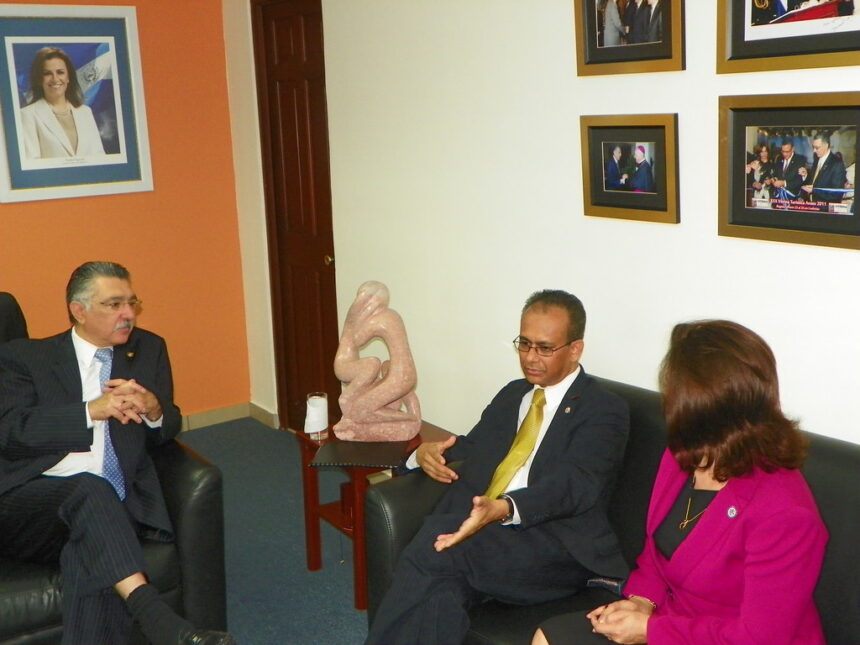The LATAM crypto landscape has once again shown its dynamic side this week.
El Salvador decided to keep buying Bitcoin despite warnings from the IMF, and MetaMask has innovated by launching a crypto debit card in Mexico, Colombia, and Brazil.
El Salvador revealed that it plans to buy bitcoins, perhaps at a higher rate, despite an agreement with the International Monetary Fund, which proposes to reduce its exposure to cryptocurrency.
Stacy Herbert is the director of El Salvador’s National Bitcoin Office. She claims that bitcoin will be legal tender and the government will add to the strategic reserve.
El Salvador has signed an agreement worth $1.4 billion with the IMF. The loan included the review of the bitcoin rules and the requirements that tax payments are made only in US Dollars.
A spokeswoman for the IMF said that upcoming legal changes will allow bitcoin to be accepted by private companies on a voluntary basis.
Analysts think that the effort of the government to purchase more Bitcoins is part of a strategy designed to combat negative perceptions about the cryptocurrency after the IMF agreement.
MetaMask introduces crypto-debit card in Brazil and Colombia
MetaMask launched the MetaMask Card for Latin America in Brazil, Mexico and Colombia. This is a major step forward in cryptocurrency adoption in Latin America.
The unique Mastercard debit card allows users to spend digital assets instantly anywhere Mastercard accepts it, signalling an important shift in accessibility for blockchain technology in everyday expenditures.
MetaMask Card is compatible with Linea, which allows users to instantly convert fiat currencies into cryptocurrencies such as USDC USDT and WETH.
The technology developed by Mastercard in conjunction with Baanx has the ability to create new pathways for cryptocurrency use in areas where traditional banks may not be as resilient.
Bitso reports that LATAM crypto companies are operating in “grey areas” of the law.
Bitso reports that Latin America is a region with a diverse regulatory environment for cryptocurrency, Argentina, Brazil Colombia and Mexico being the leaders.
The regulatory maze causes confusion among Bitcoin users and forces some businesses to work in grey zones where their legality is uncertain.
This report, “From Barriers To Bridges: Re-Mapping Cross-Border Payments with Stablecoins and Blockchain in Latin America”, examines issues facing businesses across the region.
This report highlights that while stablecoins and blockchain technologies have a disruptive potential, businesses are forced to navigate uncertain legal frameworks because of a lack clear rules.
Businesses are less likely to adopt the technology of blockchain if there are no prohibitions.
The complex regulatory environment highlights the necessity for more clarity and consistency in the supervision of compliance across the entire area.
Argentina has long been a barrier to cross-border commerce because of its strict currency controls.
In contrast, domestic digital payments have flourished. Platforms like Mercado pago, which has over 12,000,000 users, and real-time systems such as Transferencias 3.00 are becoming more popular.
Argentina has less strict regulations than other countries, even though there is no fintech legislation. This allows businesses to continue operating while still adhering the consumer protection laws and following tax rules, anti-money laundering guidelines, digital signatures.
This article LATAM Crypto Update: El Salvador increases Bitcoin purchases amid IMF warnings, MetaMask Launches Crypto Debit Card may be updated as new information becomes available.
This site is for entertainment only. Click here to read more






